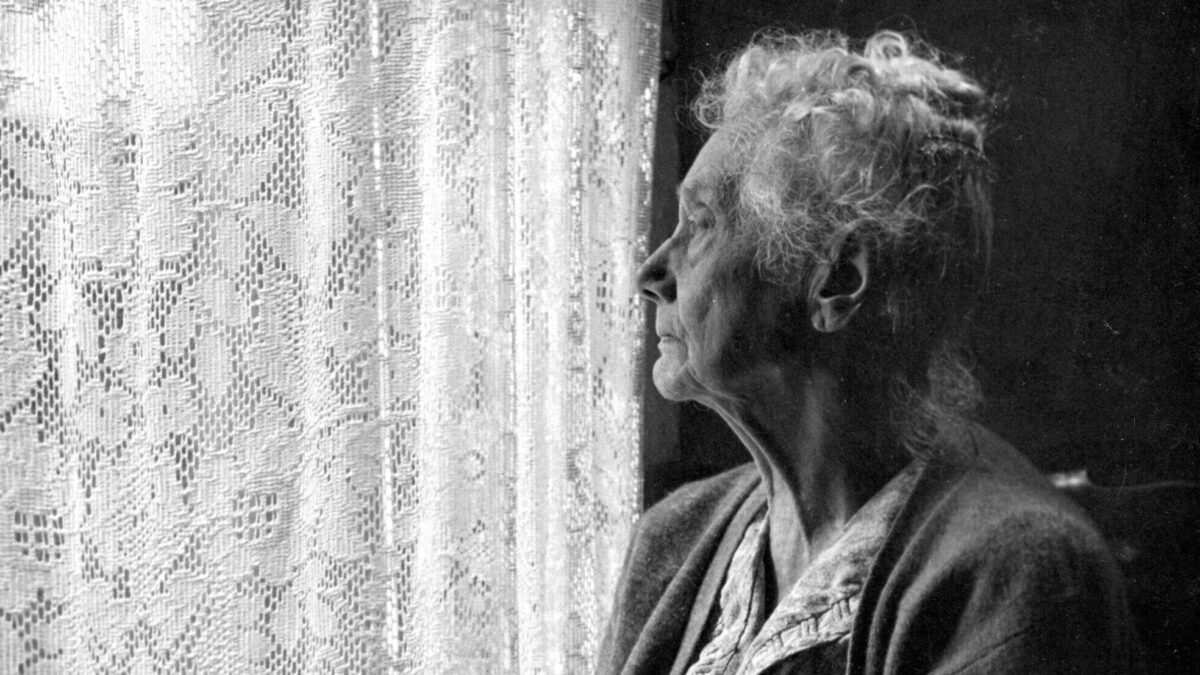The United States is home to 54 million people aged 65 and over. By 2040, that number will hit 80 million. Which begs the question: where in the United States is the best place to grow old?
The results of a new study designed to answer this question were recently published. The comprehensive study ranked all 50 states based on key criteria such as affordability, health care, senior living assistance, and housing, as well as transportation options available.
Vermont took the top spot, closely followed by Minnesota, Maine, and Nebraska. At the other end of the scale sit the likes of Arizona, Mississippi, and Louisiana, three of the worst states to grow old in. Somewhat surprisingly, California, supposedly the most fun state in the U.S., took last place. In truth, though, there’s nothing fun about growing old in California.
At cases of abuse, mistreatment, and exploitation, California is guilty of failing its elderly citizens. Moreover, according to a recent Kiplinger report, California is now one of the most expensive places to live in the United States. From gas prices to astronomical housing costs, the Golden State is in a horrid state.
Because of this, at least 10 percent of senior citizens in California now live in poverty. To compound matters, the state fully taxes retirement income at high rates and sales taxes are particularly high. In a state synonymous with wildfires, Californian regulators never tire of burning holes in people’s pockets.
Further, as analysts at America’s Health Rankings note, a large number of “older adults subsist on limited incomes and modest savings,” which restricts “their ability to afford basic medical care.” The authors also note that “63% of adults ages 65 and older have at least two chronic conditions, leading to increased out-of-pocket expenses.”
In truth, the “California problem” is symptomatic of a much bigger problem. Across the country, elderly people are treated as second-class citizens. Worse still, aging is now viewed as a disease, something in desperate need of curing. The elderly of today are treated with far less respect than the elderly of yesteryears. In California, though, the elderly aren’t just disrespected; they are at risk of being physically attacked.
Besides being a state synonymous with high costs of living, California is also synonymous with violent crime, including aggravated assaults and homicides. Burglaries are also a real problem, with the elderly being singled out by ruthless criminals. Recently, in San Francisco, a 70-year-old woman was cruelly beaten and kicked in the head by four juveniles. From San Jose to San Francisco, senior citizens now live in a state of fear.
California isn’t just an inhospitable environment for the elderly; it’s an inhospitable environment for everyone (except criminals, many of whom appear to get a free pass). A recent study by Top Agency ranked all 50 states on the following eight metrics: affordability, crime and safety, economy, education, health care, infrastructure, opportunity, and quality of life. California ranked near the bottom on more than half of them.
It wasn’t always this way, though. I reached out to Joel Kotkin, a fellow in urban studies at Chapman University in Orange, California, for comment on the matter. A bestselling author who covers demographic, social, and economic trends, Kotkin is critical of California’s “high housing prices and rents, congestion, crime and pattern of taxation.”
When did things start to turn sour? “The problems were in part inevitable,” he told me. “The state grew very fast and this sparked a rebellion that fed the environmental lobby. As we began to deindustrialize in the 1980s, we saw a mass immigration from abroad from people who had limited skills. Our industrial and construction industries did not expand to accommodate, creating an enormous class divide.”
Kotkin, the author of “The New Class Conflict,” speaks a great deal of truth. Today, the gap between California’s have and have-nots is huge. In fact, the divide between the state’s high- and low-income families is “among the largest in the nation,” according to the Public Policy Institute of California.
Again, though, the following must be stressed; senior citizens across the country are suffering, many in silence. According to a report published by the National Academies of Sciences, Engineering, and Medicine, “one-quarter of community-dwelling Americans aged 65 and older are considered to be socially isolated.” Those over the age of 50 “are more likely to experience many of the risk factors that can cause or exacerbate social isolation or loneliness, such as living alone, the loss of family or friends, chronic illness, and sensory impairments.”
To compound matters, America’s elderly are more likely to live alone than are those who live anywhere else in the world. Feelings of loneliness and social isolation are major risk factors for suicide.
A sobering report published by the National Council on Aging paints a rather bleak picture for the United States: older adults comprise just 12 percent of the population, yet make up about 18 percent of overall suicides. Moreover, among people who attempt to take their own lives, “one in four seniors will succeed, compared to 1 in 200 youths.” What can be done?
It might sound obvious, but it starts with showing more respect for the elderly. The American people are getting older. Aging is a necessary part of living a full life; contrary to popular belief, it’s not a disease.
The next time you see an elderly man or woman, remind yourself that person may be someone’s grandmother or grandfather, brother or sister, husband or wife. Have the decency to acknowledge this person, and to see the elderly for who they are – fellow human beings.








